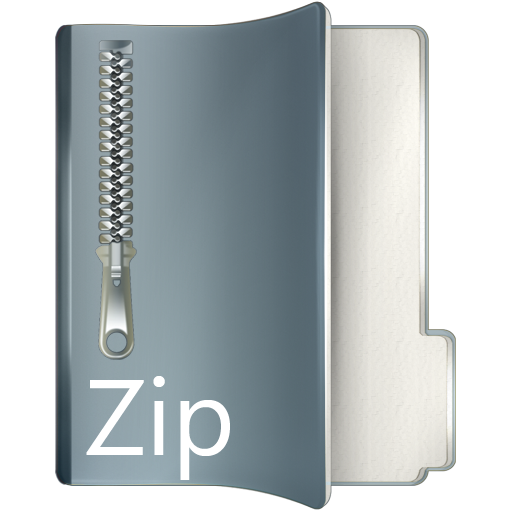Archives and Documentation Center
Digital Archives
Digital Archives
Experimental study for extending data mining standards
JavaScript is disabled for your browser. Some features of this site may not work without it.
| dc.contributor | Graduate Program in Management Information Systems. | |
| dc.contributor.advisor | Badur, Bertan Yılmaz. | |
| dc.contributor.advisor | Darcan, Osman Nuri. | |
| dc.contributor.author | Daylan, Ahmet. | |
| dc.date.accessioned | 2023-03-16T12:51:36Z | |
| dc.date.available | 2023-03-16T12:51:36Z | |
| dc.date.issued | 2008. | |
| dc.identifier.other | MIS 2008 D38 | |
| dc.identifier.uri | http://digitalarchive.boun.edu.tr/handle/123456789/18122 | |
| dc.description.abstract | Data mining is becoming a mainstream technology used in business intelligence solutions supporting various industries and lines of business. Although there are plenty of data mining products at the market, these products are difficult to integrate with user applications due to the lack of standardization protocols. Conforming to common standards facilitates development, implementation and maintenance of applications as well as communication among them. In addition, these standards enable data miners to develop data mining process easily. As being one of the wellestablished data mining standards, Java Data Mining (JDM) allows Java applications to communicate with data mining engines to build, test and apply mining models. First release of JDM supports the basic data mining functionalities; classification, regression, attribute importance, clustering, and association. Currently developing version (JDM 2.0) proposes the additional set of functionalities such as time series, feature extraction, text mining. In this study, we present the experimental framework developed to extend the JDM 2.0 by including ensembles methods such as boosting, bagging to improve the classification accuracy and bootstrap to assess accuracy. We have applied our extended JDM functionalities with two well known datasets that are iris dataset and Sales History (SH) dataset. | |
| dc.format.extent | 30cm. | |
| dc.publisher | Thesis (M.A.)-Bogazici University. Institute for Graduate Studies in the Social Sciences, 2008. | |
| dc.relation | Includes appendices. | |
| dc.relation | Includes appendices. | |
| dc.subject.lcsh | Data mining -- Standards. | |
| dc.title | Experimental study for extending data mining standards | |
| dc.format.pages | ix, 51 leaves; |

